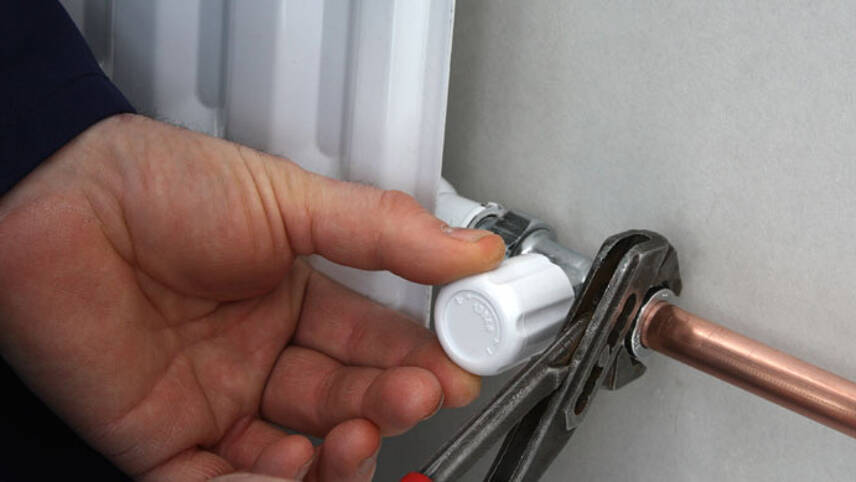Standard content for Members only
To continue reading this article, please login to your Utility Week account, Start 14 day trial or Become a member.
If your organisation already has a corporate membership and you haven’t activated it simply follow the register link below. Check here.

The installation of gas grid connections and first time central heating should not be funded through the Energy Company Obligation (ECO), a member of the Committee on Fuel Poverty has told Utility Week.
The comments were made following the publication of a report by the Energy and Utilities Alliance which called for government to amend ECO so that it could support the installation of first time gas central heating in fuel poor homes.
Paul Massara, former Npower boss and a member of the Comittee on Fuel Poverty, rejected the idea, although he agreed that there is a case for increasing the amount by which gas network can be expanded through Ofgem’s Fuel Poor Network Extension Scheme (FPNES).
The EUA report claimed that for a household using electric storage heating with a heat demand of 10,000kWh, being connected to the gas grid could deliver yearly savings of £922. Meanwhile, installing cavity wall insulation would save just £116 and annual savings associated with solid wall insulation and loft insulation were thought to be £215 and £29 respectively.
However, Massara said that EUA’s projected savings from first time central heating installations were based on “extreme cases”.
The trade body’s headline savings figure was based on a cost of 4.6 p/kWh for heat provided by gas and 13.86 p/kWh for heat provided by an electric storage heater. It did not use the lower rate of 7.21 p/kWh for an electric storage heater running on an off-peak economy 7 tariff.
Massara added that connecting people up to the gas grid is “not very effective” if they are still living “leaky, cold, damp houses”. He also said that that subsidising gas grid connections en masse is a questionable approach given the challenges gas networks have ahead of them to decarbonise – something which is “expensive” to do.
“I don’t believe it’s right that we should be taking more money from ECO, which has already been reduced, to do it,” Massara added. He prefered the EUA proposal to extend the FPNES as a way to increase the number of gas grid connections for fuel poor homes.
Under the current RIIO price controls gas distribution networks have a target of adding 91,203 gas grid connections up to 2021 as part FPNES. The EUA report called for the target to be removed to allow a greater number of connections and Massara broadly agreed: “I think there is a case for the amount that Ofgem allows for the gas network to be expanded to be increased.”
Please login or Register to leave a comment.